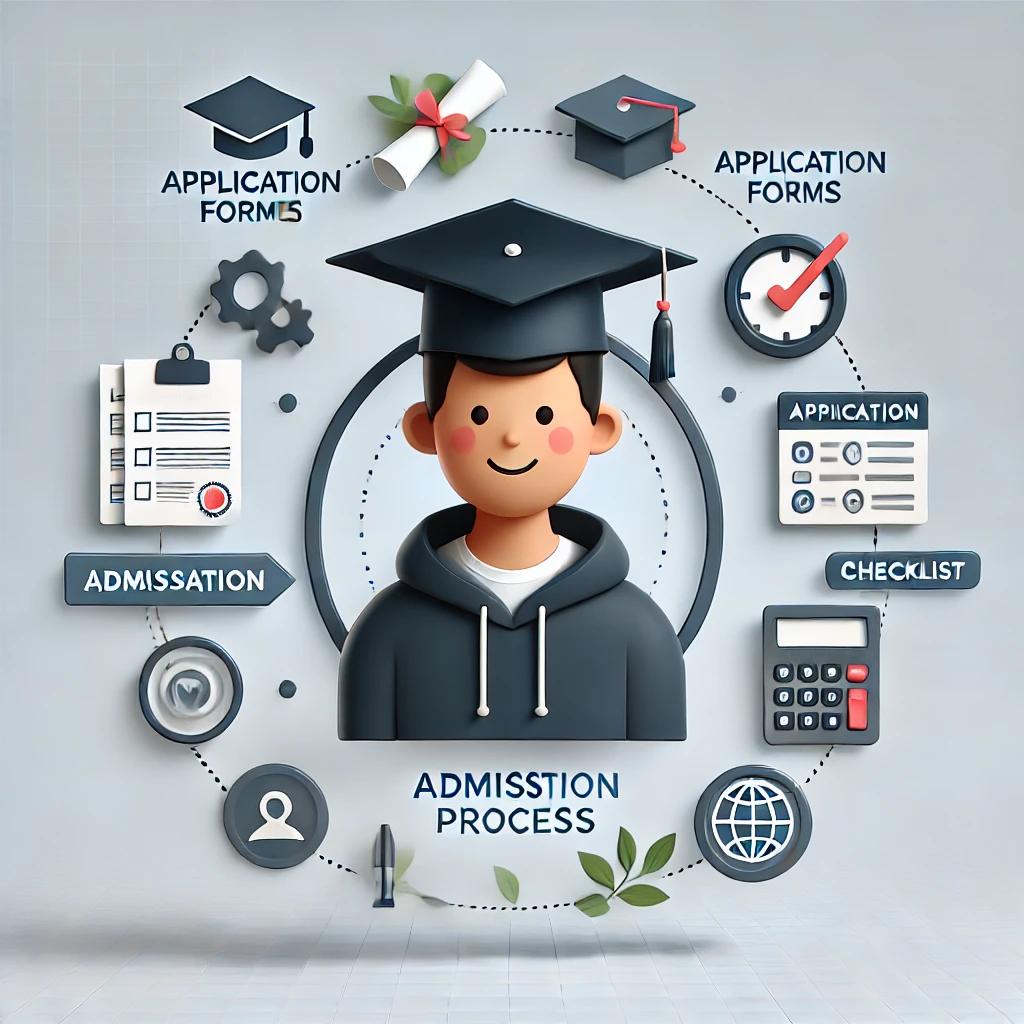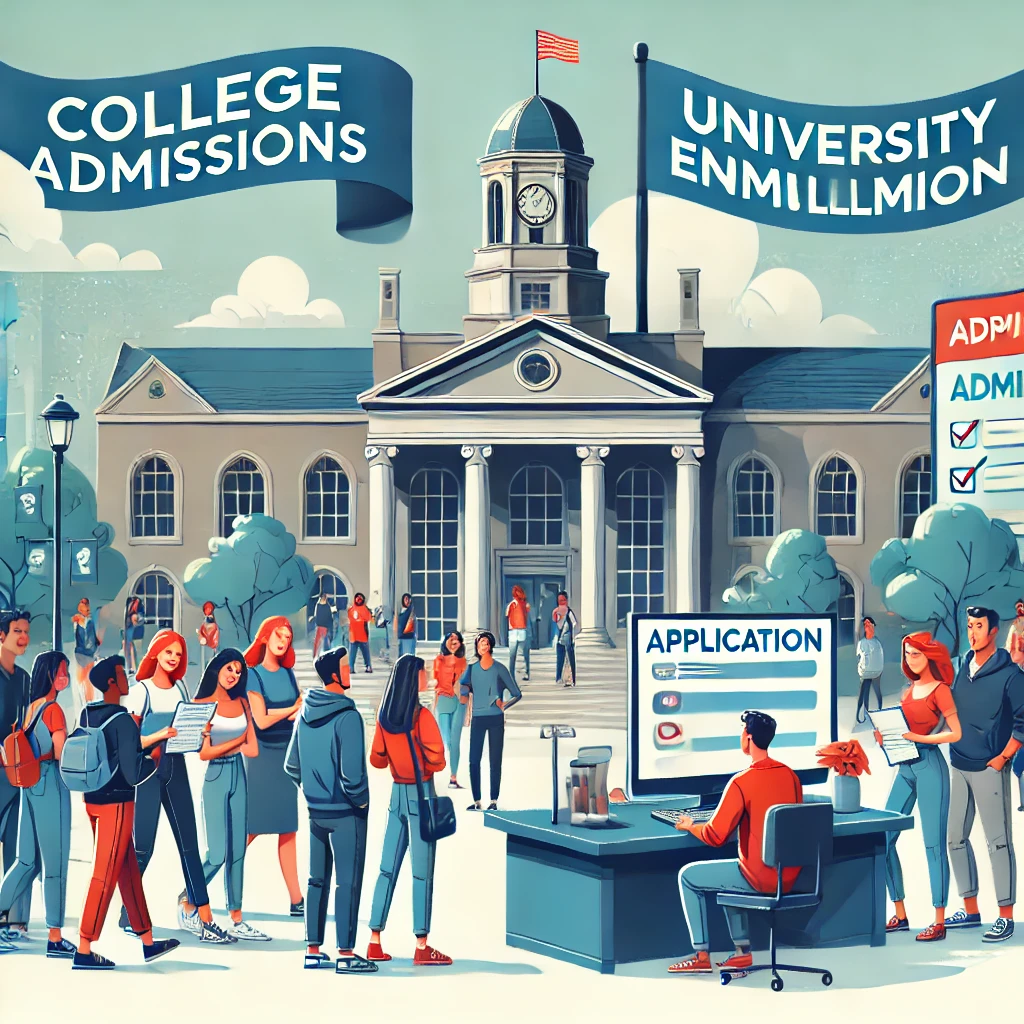Food Scientist & Technologist
What is a Food Scientist & Technologist?

A Food Scientist & Technologist is a professional who applies knowledge from various fields such as biology, chemistry, engineering, and nutrition to the production, processing, preservation, and safety of food products. They focus on improving food quality, enhancing flavors, ensuring safety, and developing new products. Their role involves research, development, and applying scientific principles to solve challenges in food production.


Education Eligibility

To become a Food Scientist & Technologist, the typical educational pathway includes:
- Undergraduate Degree: A BSc or BTech in Food Science, Food Technology, or related fields (e.g., Biotechnology, Chemistry, or Nutrition).
- Postgraduate Degree: A MSc or MTech in Food Science & Technology, Food Engineering, or a specialized area of food science.
- Doctoral Program: PhD programs are also available for those wishing to pursue advanced research or academic careers in food science.
Eligibility:
- For Undergraduate: Completion of 12th grade with science subjects (Physics, Chemistry, Biology, or Mathematics).
- For Postgraduate: A relevant undergraduate degree in Food Science or related field with a good academic record.
Handicapped Eligibility
Individuals with disabilities are generally eligible to pursue education and careers in food science and technology, provided they meet the academic and physical requirements of the course. Special accommodations are typically provided in academic settings, such as modified infrastructure, support for examinations, and more. Specific requirements vary by institution.

Admission Process

The admission process for food science and technology programs generally includes:
- For Undergraduate: Admission is based on performance in high school (12th grade) and may include entrance exams. Some universities also offer direct admissions based on academic merit.
- For Postgraduate: Admission may require an entrance exam or be based on merit. Some institutions have specific entrance exams for Food Science & Technology, while others might accept scores from general exams like GATE or university-level exams.
Entrance Exam
The entrance exams for Food Science & Technology programs can vary by country and institution. Common exams include:
- GATE (Graduate Aptitude Test in Engineering): For admission to postgraduate courses in India.
- JEE (Joint Entrance Examination): Some Indian institutions use JEE for admission into food technology programs.
- University-Specific Exams: Many universities conduct their own entrance exams for admission to undergraduate and postgraduate food science programs.

Colleges and Universities

Some well-known colleges and universities offering programs in Food Science & Technology include:
- India:
- National Institute of Food Technology Entrepreneurship and Management (NIFTEM)
- Central Food Technological Research Institute (CFTRI)
- Indian Institute of Technology (IITs)
- University of Delhi
- USA:
- Cornell University
- University of California, Davis
- Michigan State University
- UK:
- University of Reading
- University of Leeds
- University of Nottingham
Scholarships
Various scholarships and financial aid options are available for students pursuing Food Science & Technology:
- Government Scholarships: Many governments offer merit-based scholarships for undergraduate and postgraduate courses.
- Institutional Scholarships: Universities may offer specific scholarships for students in the Food Science & Technology program.
- Private Scholarships: Private organizations and foundations offer scholarships for students pursuing food-related careers. Examples include the International Food Science Scholarship and the Nestlé Scholarship
Time and Expenses in Food Scientist & Technologist Courses
- Undergraduate Courses: Typically take 3-4 years to complete.
- Postgraduate Courses: Typically take 2 years.
- Expenses: Tuition fees can vary widely depending on the institution. Public universities tend to have lower fees, while private universities can charge higher fees. Expenses may also include books, research projects, and accommodation costs. Average costs range from a few thousand to tens of thousands of dollars (or equivalent) annually.
Average Income

- In India: The starting salary for a food scientist or technologist is typically between ₹3-6 lakh per year. With experience, salaries can increase to ₹8-15 lakh per year.
- In the USA: The average salary for a food scientist is approximately $60,000-$90,000 per year, depending on experience and role. Senior positions can earn significantly more.

Growth in Career
The career growth in Food Science & Technology is promising, with opportunities in research and development, quality control, product development, food safety, and regulatory affairs. With experience, food scientists can take on managerial roles, start their own consulting businesses, or move into academia. The sector is growing due to global population growth, increasing demand for processed foods, and innovations in sustainable food production.
Specializations
Food Science & Technology offers several specializations:
- Food Processing Technology
- Food Quality Control and Assurance
- Food Safety and Regulations
- Food Biotechnology
- Nutrition and Dietetics
- Packaging Technology
- Sensory Science
- Food Engineering
Scope in Government and Private Sectors
- Government Sector:
- Food scientists can work with government agencies like the Food Safety and Standards Authority of India (FSSAI), US FDA, and EFSA. They can also join research bodies like the Indian Council of Agricultural Research (ICAR) or National Institute of Nutrition (NIN).
- Opportunities exist in food inspection, safety regulation, and public health initiatives.
- Private Sector:
- Food scientists can work with food companies, beverage manufacturers, research organizations, and international food giants (e.g., Nestlé, PepsiCo, Mondelez).
- They may be involved in product development, quality control, and marketing new food products
Special Eligibility for Persons with Disabilities
- Persons with disabilities may have special eligibility provisions, depending on the country or institution. This can include extended time for exams, modified exam formats, and physical accommodations in labs and classrooms. The specific criteria for eligibility and accommodation would need to be checked with individual institutions or government regulations.
This field offers a dynamic career path with diverse opportunities in both the government and private sectors, with a growing emphasis on sustainability and food security.

